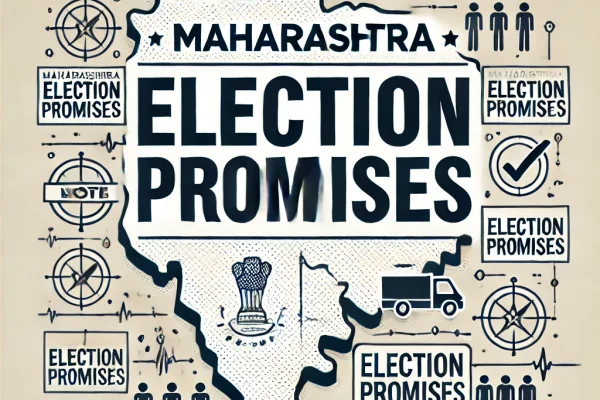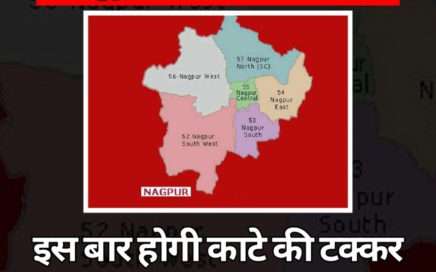Back in the 2004 Maharashtra Assembly elections, then-Chief Minister Sushilkumar Shinde announced a waiver on farmers’ electricity bills. During a rally in Beed, he even presented a farmer’s bill showing a zero balance, a symbolic move that echoed the Congress party’s manifesto promise. The election was a success for the Congress-led coalition, which came to power. However, soon after the elections, farmers began receiving electricity bills again – and this time, the balance was not zero. When journalists questioned then-Congress state president Prabha Rao, she dismissed it, calling it a “printing mistake.” The waiver that helped win the election was now deemed financially unsustainable for the state.
This election season, both the Mahayuti (BJP-Shiv Sena alliance) and Maha Vikas Aghadi (MVA) are vying for votes with a barrage of “free schemes.” If one party promises “one freebie,” the other counters with “two.” For instance, the Mahayuti recently pledged to pay Rs. 1,500 monthly to “beloved sisters,” sparking questions from MVA leaders about its feasibility and potential impact on other development projects. Now, the MVA has upped the ante, promising Rs. 3,000 instead.
This battle for freebies has intensified, with politicians seemingly competing to see who can give away more to win votes. If these promises are fully implemented, it may soon appear that residents won’t need to purchase anything – the state will handle it all. But where will the funds come from? Giants like Adani or Ambani aren’t likely to bear these costs. Both ruling and opposition parties are plunging into a “giveaway race,” emptying the treasury in the quest for votes, with little thought for the state’s future. Maharashtra is already burdened with a debt of Rs. 7.5 lakh crore. On average, each citizen carries Rs. 60,000 in debt – yet the handouts keep coming. Grand promises are made in a flash, with a string of “freebie ministers” popping up. Will these promises actually be fulfilled, or will political parties once again fall back on the “printing mistake” excuse?
A Decline in Political Integrity?
Some view these developments with concern, lamenting that political standards have plummeted. For those who still believe in values-based politics, such tactics are disheartening. But in the lens of politics, ethics often take a backseat. Deception and strategizing have long been the pillars of power play. This election season makes that more evident than ever. In some districts, intra-party rivalries are rife, with members of the same party plotting against each other, a trend seen in both the Mahayuti and MVA alliances. Leaders have begun prioritizing their own territories over party interests, while surveillance cameras track their every move. They may believe no one’s watching now, but the truth will out, perhaps when it’s too late.
To manage members from opposing camps, various tactics are employed. Candidates and parties steering clear of underhanded schemes are expected to fare better. The BJP has a mechanism to rein in errant leaders, which the Congress, with its more democratic structure, lacks, leading to an upper hand for some members.
Internal Conflicts and Missed Opportunities
Both BJP and Congress have suffered setbacks due to internal disputes. The two powerhouses, once capable of contesting all 288 seats, now stand at 152 and 103, respectively. The BJP faced a wave of rebellions, resulting in the expulsion of 40 rebels in one sweep – a move unprecedented for the party. More rebels remain within, protected by varied reasons, causing a contraction that may hold the BJP back in the long run. Congress, meanwhile, missed a golden chance for expansion by bowing to allies. While Congress may win battles occasionally, it seems to consistently lose at the negotiation table – a trend with no apparent end in sight.
In the midst of these promises and power plays, the big question lingers: Can Maharashtra afford these promises, and at what cost to its future development and financial stability?














